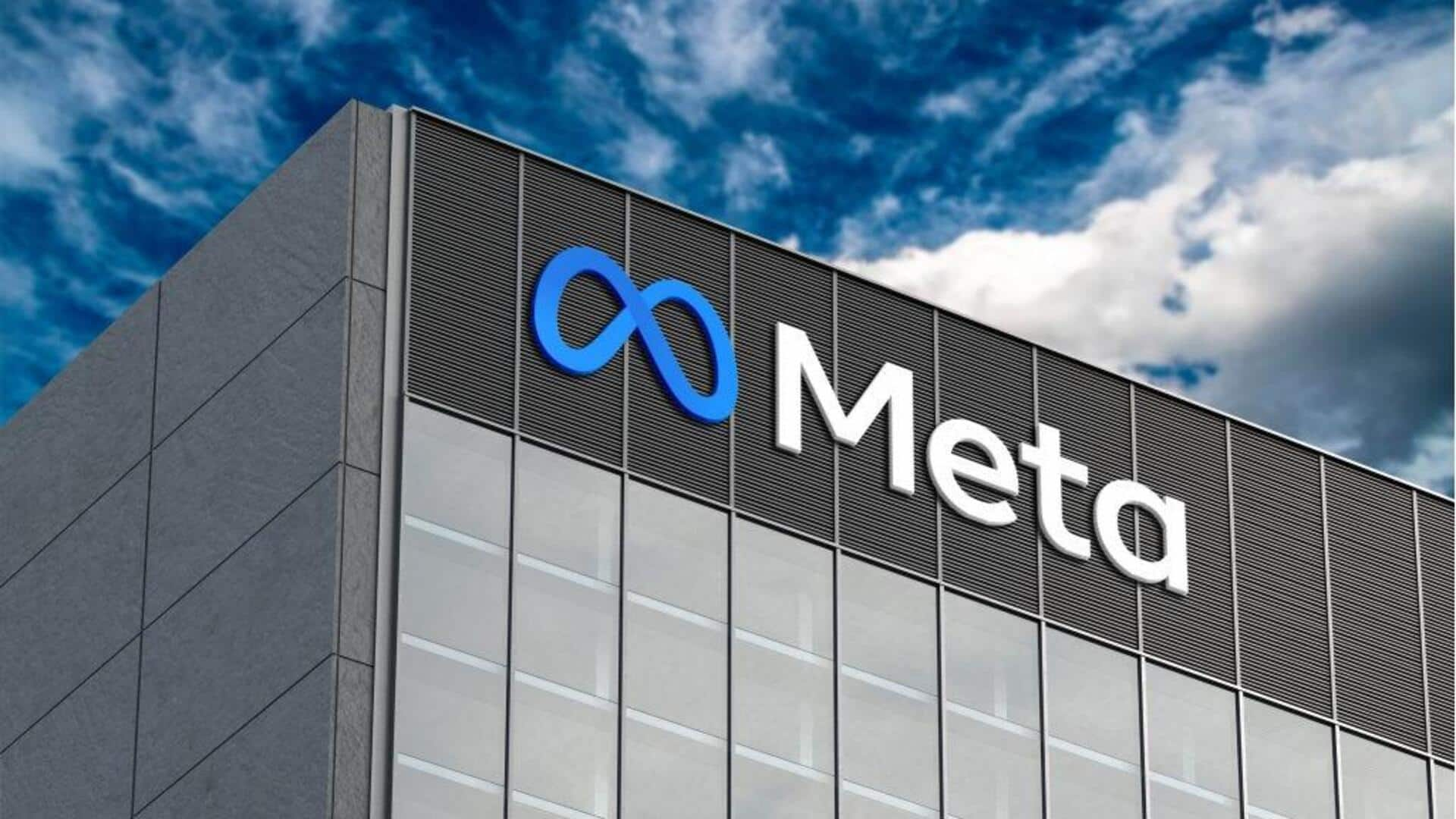
Meta plans to power AI data centers with nuclear energy
What's the story
Meta, the parent company of Facebook, is on the lookout for developers to start nuclear reactors in the early 2030s. The aim is to power its data centers and the communities around them.
The move puts Meta in line with other tech giants such as Amazon and Google, who are also considering nuclear energy as a zero-carbon option for their AI data centers.
Proposal details
Meta's call for nuclear power proposals
Recently, Meta issued a "request for proposals" (RFP) to generate one to four gigawatts of new power.
According to the RFP summary, the company is seeking partners who can "help accelerate the availability of new nuclear generators and create sufficient scale to achieve material cost reductions by deploying multiple units."
Unlike other tech companies that have partnered with specific start-ups, Meta is casting a wide net.
Project requirements
Meta's flexible approach to nuclear power development
Urvi Parekh, Meta's Head of Global Energy, said in an interview that the company is open to different ideas about the size and type of reactors, their locations, etc.
She stressed that Meta is looking for parties "who are going to be there from the beginning to end of a project."
This includes finding real estate, obtaining permits, designing and constructing facilities, securing finances for operations, etc.
Financial strategy
Meta's cost-sharing and power purchasing strategy
Parekh also revealed that Meta is open to sharing costs early in the development cycle, as well as buying power once projects are operational.
"We want to be really open to creative solutions," she said.
Parekh acknowledged the large scale of the project pipeline they're aiming to build and hoped their approach could help overcome industry "hesitancy" to deploy capital needed for such extensive development.
Renewable initiatives
Meta's history and future in renewable power projects
Meta has a long history of investing in renewable power projects.
Parekh drew parallels between the company's current nuclear ambitions and its corporate renewables contracting that started over a decade ago.
She noted that while nuclear is more heavily regulated and capital-intensive, there are similarities to their previous renewable energy initiatives.
The company is now awaiting initial responses to its RFP by February 7, marking the next step in this ambitious project.